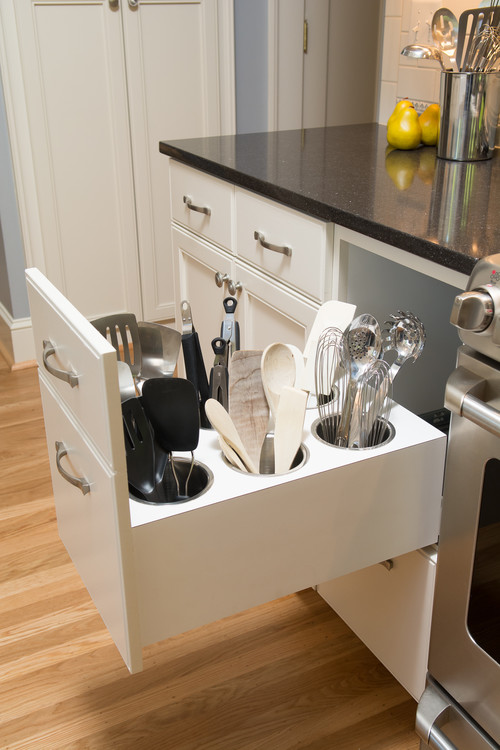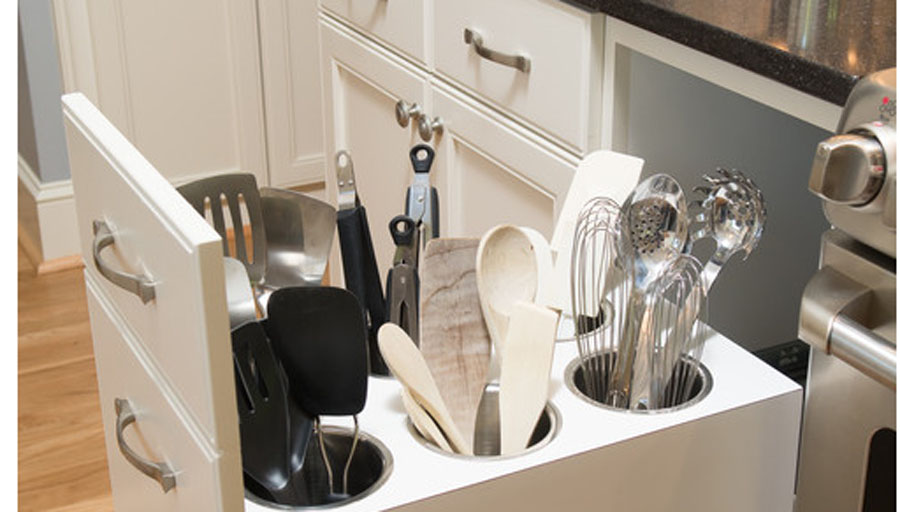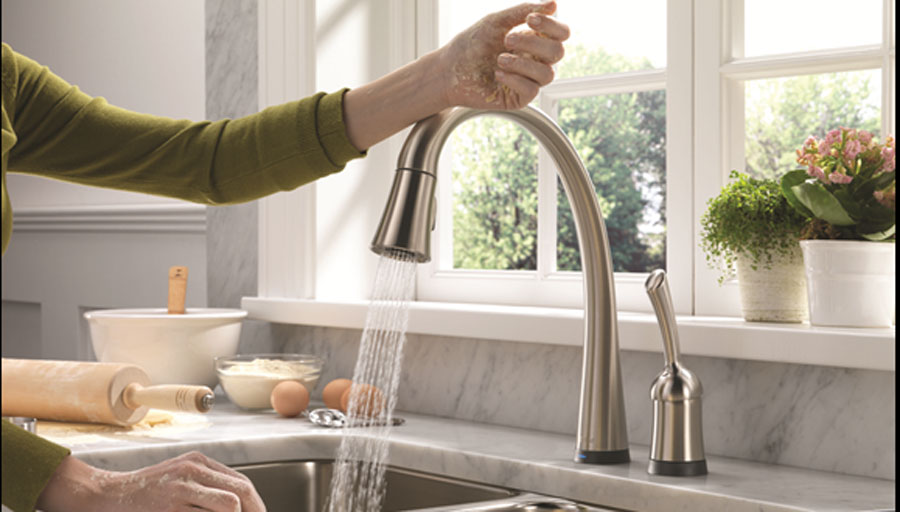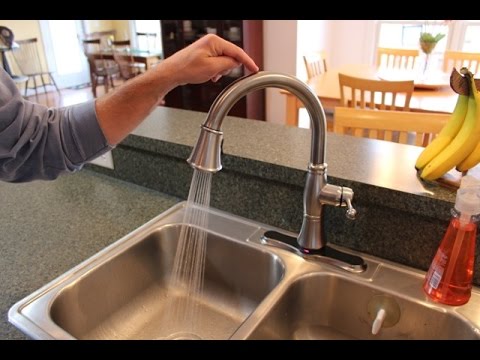 The room where everyone gravitates to should be able to handle the pull
The room where everyone gravitates to should be able to handle the pull
Daily living revolves around the kitchen so it is a wise place to concentrate your customers' budget dollars. Beyond aesthetics, bringing utility and convenience to a kitchen will make for a safer work zone.
Protection from cuts, burns, slips, falls, and drops is important in all stages of life, from toddler to teenager to adults and seniors.
The kitchen provides a prime example of how Universal Design done well isn't noticeable, other than how great the kitchen is. Todd Hawkins, of BuilderFish in Northern Virginia is a self proclaimed Universal Design Evangelist and he has a series of blog posts on the topic. This article is based on one of those posts.
Todd points to two focal points for Universal Kitchen Design: space planning and fixtures/appliances.
These four space planning tips will make a kitchen comfortable to move through for anyone, in any stage of life—because kitchens see a lot of stages of life.
Todd lists a lot of important aspects of kitchen Universal Design, and I reduced them into four rules.
(Did you see what I just did there? Reduced?)
1. Make room to maneuver
You need room to move while multi-tasking so adding buffer zones is a priority.
- Ensure a 60-inch turning radius (5' X 5') within the primary prep area. This can be achieved in many ways, including a rollaway cart or island on caster wheels.
- Another rule of thumb is to double the amount of walking space you'd require to allow enough area to move in a wheelchair.
2. Don't box the fridge in a corner
Leave space next to to major appliances like the refrigerator and dishwasher so that there is enough room to place items that are being transferred.
- In general, allow 24-inches minimum length and depth of counter space adjacent to any major appliance and 48-inches clearance out and away from the doors to allow room to move when the door(s)/drawers are open.
- Maintain at least 30 inches by 48 inches for approaching an appliance from either the front or side (as is needed for a dishwasher).
3. Customize the cabinets
Counter tops and cabinets don't all have to be the same level as in standard construction. Some contractors tell clients that is more expensive to vary the heights because they don't want to deal with something different.
- Counter top heights can range from 28 inches to 40 inches. Regardless of height, be sure to have rounded corners and avoid sharp edges.
- Upper wall cabinets can be set three inches lower than conventional height.
- Doors on lower cabinets can be removed to reveal knee space under the sink, prep area, or cooktop. Don't forget entirely removable base cabinets.
- Adjustable, rotating, pull-down, or full extension shelves make inaccessible items easily accessible.
- Select easy-to-use hardware with ample finger room; pulls are always more ergonomically friendly than knobs.
4. Keep it easy to clean
- Use lighter colors on counter tops so that spills don't disappear. It is difficult to see spills, crumbs, and coffee grinds on a dark and patterned countertop.
- Seamless or flush-finish flooring are easier to clean than many popular choices, like some hardwood and ceramic tile.
Think about how kids, adults, Granny, and Gamps will navigate the space as you go through the decision-making process. If a family will live there, chances are that the kitchen will serve every stage of life—at least once.
—This article is adapted from a 24-part series on Universal Design by Todd Hawkins, of BuilderFish in Northern Virginia. Lead image from Houzz, courtesy of Kristin Havnaer, Hearthstone Interior Design












